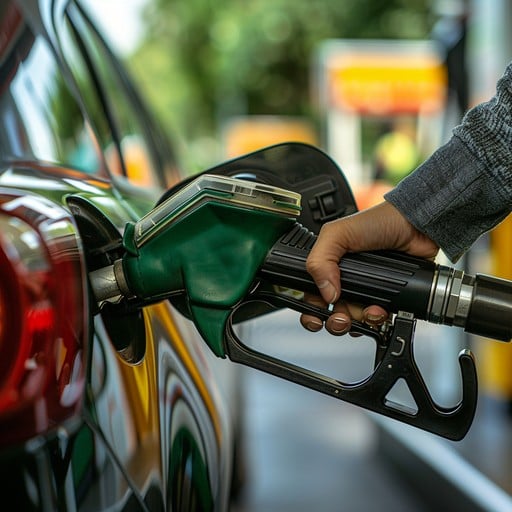BUSINESS

15% FUEL IMPORT DUTY: STAKEHOLDERS, LABOUR RAISE ALARM OVER RISING PETROL PRICES
Nigerians may soon face another wave of fuel price increases following the Federal Government’s decision to implement a 15 per cent import duty on petrol and diesel.
President Bola Ahmed Tinubu recently approved the new tariff policy, which will take full effect in the coming weeks. When implemented, the policy could push petrol pump prices to around ₦964.72 per litre in Lagos — up from the current ₦925 — while prices in Abuja and other states may rise even higher.
According to Zacch Adedeji, Chairman of the Federal Inland Revenue Service (FIRS), the import duty is designed to protect local refineries, including the Dangote Refinery and facilities run by the Nigerian National Petroleum Company Limited (NNPCL).
However, the move has sparked mixed reactions among economic experts, labour unions, and industry stakeholders.
While Sunday Dare, a presidential spokesperson, described the policy as “a bridge, not a burden,” some believe that Nigerians will ultimately bear the brunt of the higher costs.
Economist Bismarck Rewane and the Centre for the Promotion of Private Enterprise supported the move, arguing it would encourage local refining and reduce dependence on imported fuel.
But critics, including Ayiri Emami, an APC chieftain from Delta State, and Chinedu Ukadike, spokesperson of the Independent Petroleum Marketers Association of Nigeria (IPMAN), disagreed. They warned that the new tariff would “hurt ordinary Nigerians,” not marketers.
In an interview with DAILY POST, energy expert Dr. Tim Okon backed the tariff, noting that it could reduce Nigeria’s dependence on imports and strengthen the impact of the Dangote Refinery.
“The 15 per cent import tariff is to address dependence on imports. The move is eventually to reduce the influx of PMS in particular,” Okon said.
However, Nigeria Labour Congress (NLC) spokesperson Benson Upah cautioned that the policy could backfire if local refineries fail to meet demand or if the system is manipulated to create artificial scarcity.
“If this policy leads to price manipulation or monopolies, it will be terrible for consumers,” he warned.
As it stands, petrol prices already hover between ₦925 and ₦960 per litre in major cities, and Nigerians fear the new policy could push fuel costs beyond reach — a development that may worsen the cost-of-living crisis already gripping the nation.
"This represents a significant development in our ongoing coverage of current events."— Editorial Board









